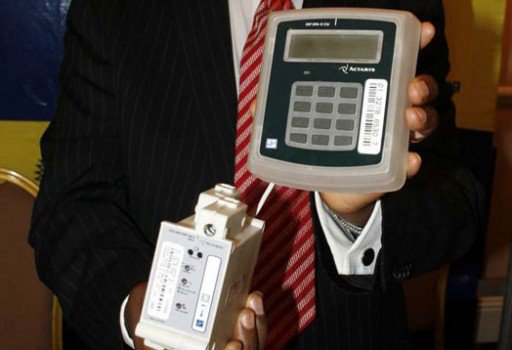Saving electricity is important because it helps take care of the environment and also your pocket. Review and practice these habits constantly, which will help you reduce consumption.
Take advantage of natural light.
Replace electric light by opening curtains and windows, and clearing spaces so they are more open.
Turn off lights.
At night or in rooms without lighting it is necessary to turn on lights, but never forget to turn them off when they are no longer needed.
Charge your devices as necessary.
Cell phones and computers require an electrical charge, but not be connected when they are already charged. This consumes light, can overcharge them and damage batteries.
Cover pans and pots.
In electric ranges, the heat that is generated escapes if you don’t use a lid, increasing cooking time and consuming more energy.
Take advantage of residual heat.
The oven does not lose heat immediately when it is turned off, so you can use it to finish cooking. If you are roasting a chicken, turn it off 5 to 10 minutes beforehand and allow it to finish browning in the heat.
Unplug the appliances.
The devices that are connected, even if they are turned off, use electricity, such as television, microwave, computer, etc. Use a power strip to disconnect several at once.
Check your appliances.
When they are not working well, many appliances use more energy, requiring maintenance. Check refrigerator, washer, dryer, etc.
Iron the clothes in one go.
The iron takes a lot of energy to heat up. Start with the garments that need less temperature, continue with the most and when you turn off the iron, use the residual heat for delicate garments.
Close the refrigerator.
Opening it constantly consumes more energy because the cold is lost. Open it keeping in mind everything you need to get it out of just one.
Maintain the proper temperature in your home.
Whether you use air conditioning, fans, or heaters, avoid having them on for too long.














